Conventions of Shakespearean Romantic Comedy
advertisement
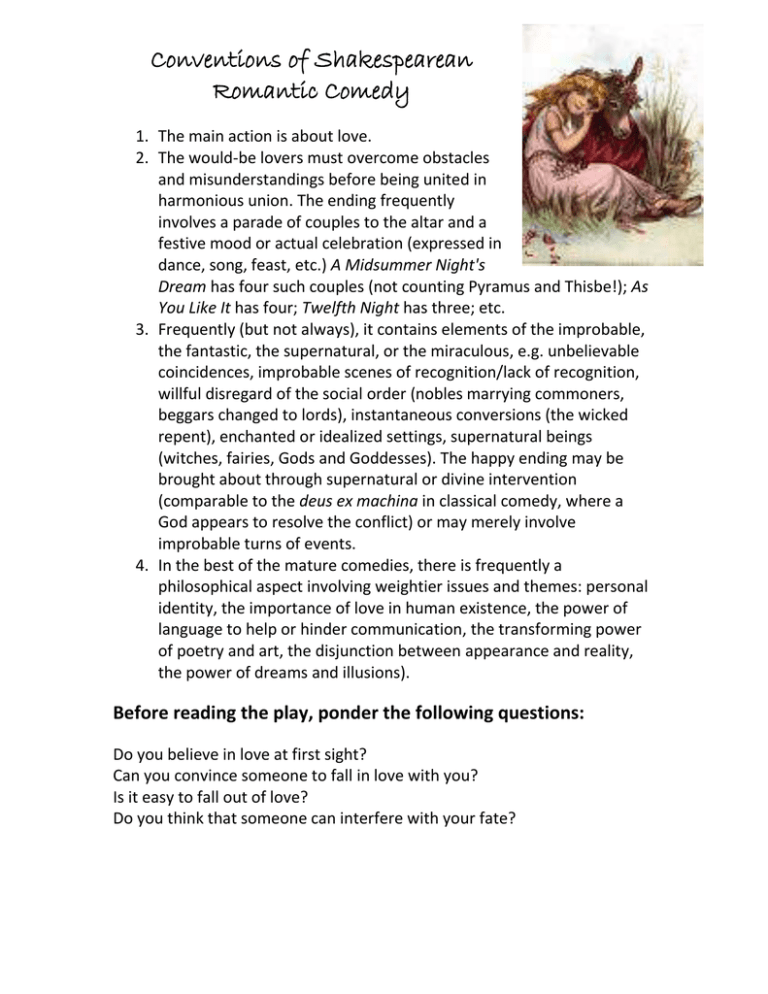
Conventions of Shakespearean Romantic Comedy 1. The main action is about love. 2. The would-be lovers must overcome obstacles and misunderstandings before being united in harmonious union. The ending frequently involves a parade of couples to the altar and a festive mood or actual celebration (expressed in dance, song, feast, etc.) A Midsummer Night's Dream has four such couples (not counting Pyramus and Thisbe!); As You Like It has four; Twelfth Night has three; etc. 3. Frequently (but not always), it contains elements of the improbable, the fantastic, the supernatural, or the miraculous, e.g. unbelievable coincidences, improbable scenes of recognition/lack of recognition, willful disregard of the social order (nobles marrying commoners, beggars changed to lords), instantaneous conversions (the wicked repent), enchanted or idealized settings, supernatural beings (witches, fairies, Gods and Goddesses). The happy ending may be brought about through supernatural or divine intervention (comparable to the deus ex machina in classical comedy, where a God appears to resolve the conflict) or may merely involve improbable turns of events. 4. In the best of the mature comedies, there is frequently a philosophical aspect involving weightier issues and themes: personal identity, the importance of love in human existence, the power of language to help or hinder communication, the transforming power of poetry and art, the disjunction between appearance and reality, the power of dreams and illusions). Before reading the play, ponder the following questions: Do you believe in love at first sight? Can you convince someone to fall in love with you? Is it easy to fall out of love? Do you think that someone can interfere with your fate?


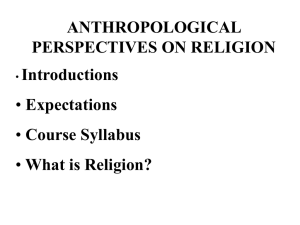
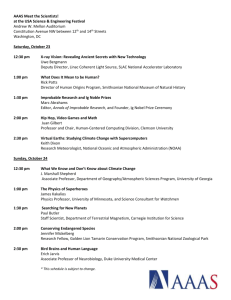
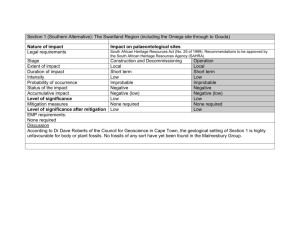
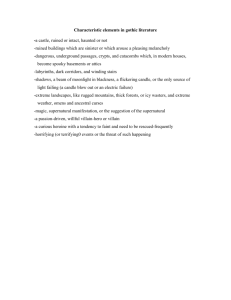
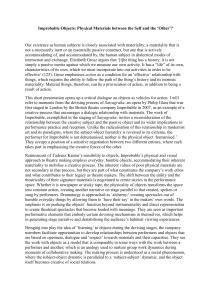
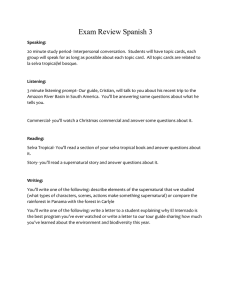
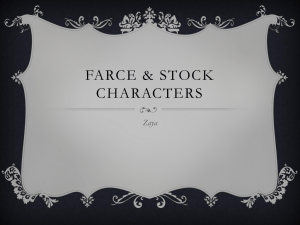
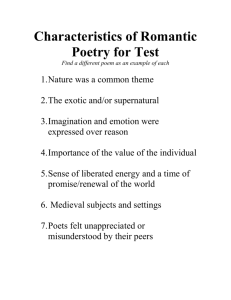
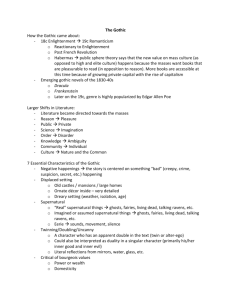
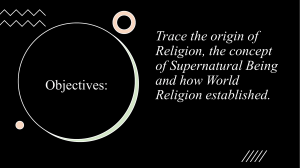
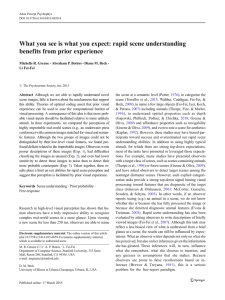
![[David Oyedepo] Operating In The Supernatural (Naijasermons.com.ng)](http://s2.studylib.net/store/data/026111375_1-dfe94dd254b1fa21ea56390331612cdc-300x300.png)